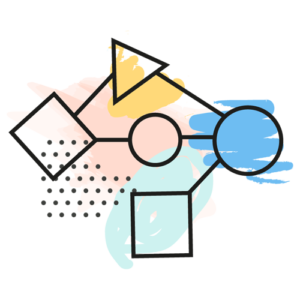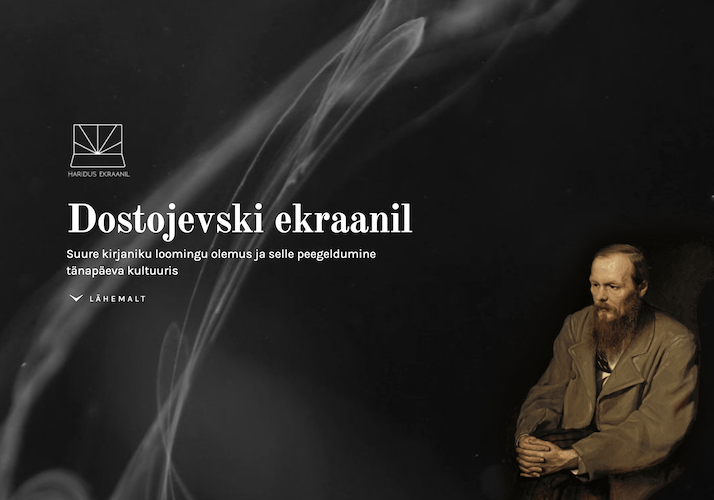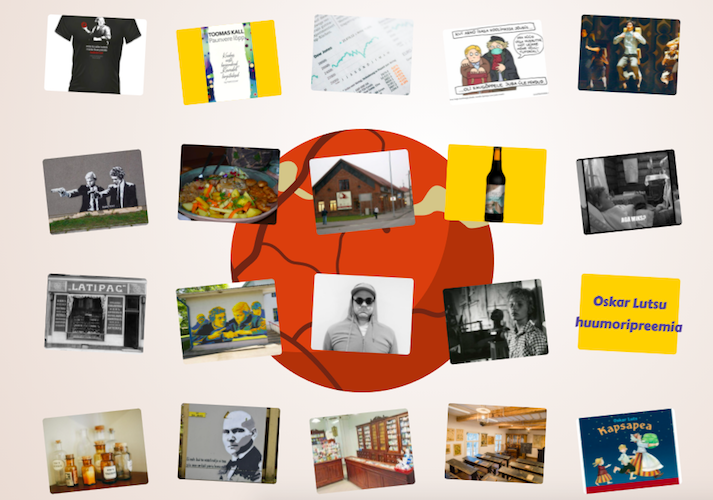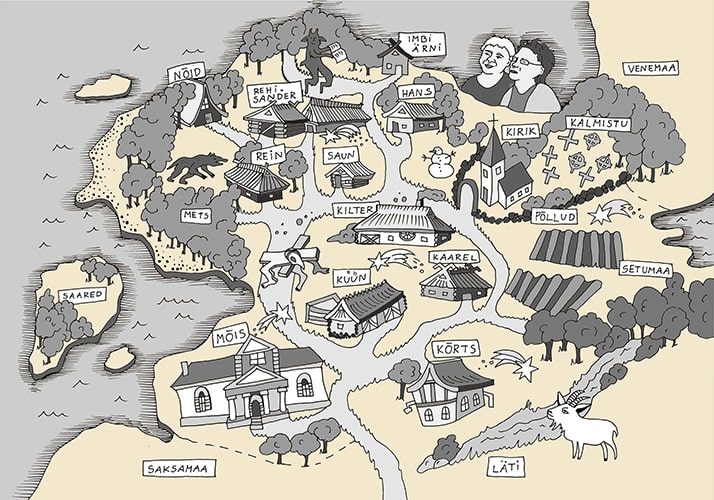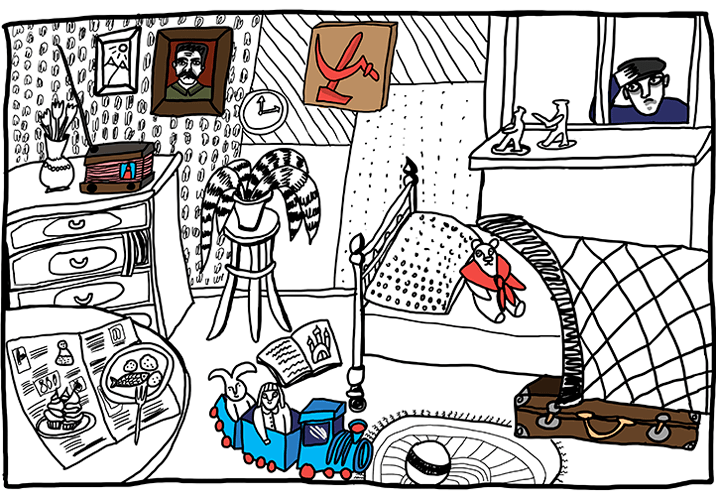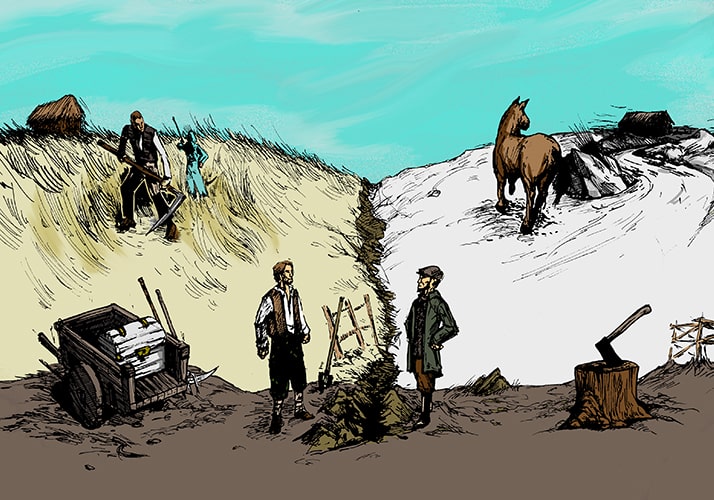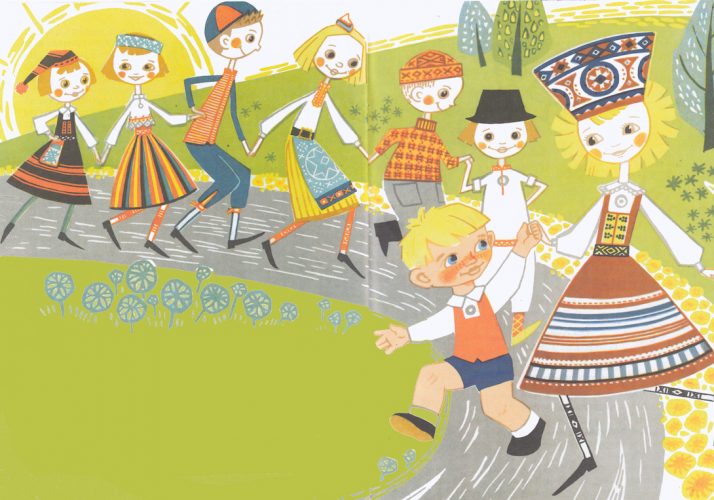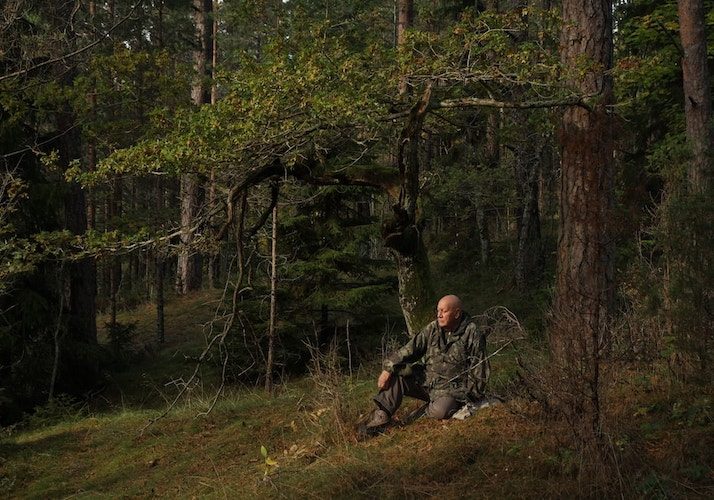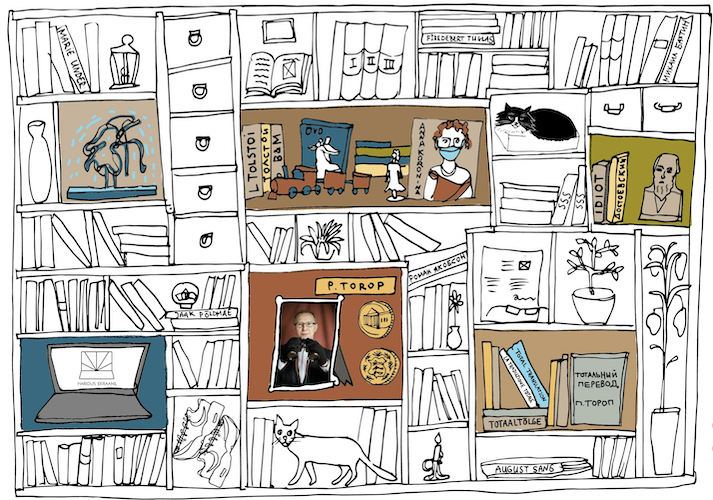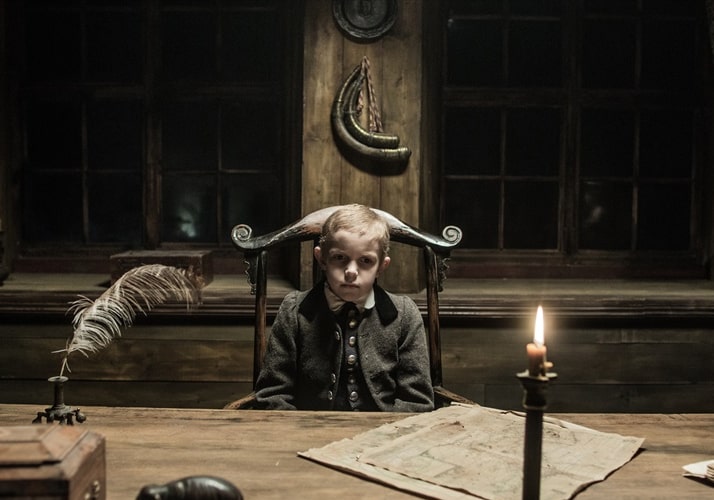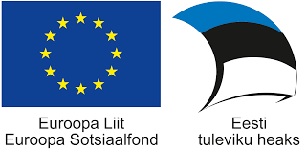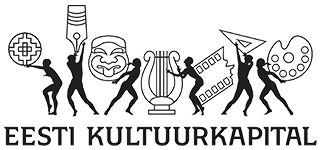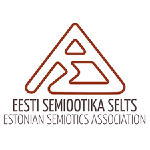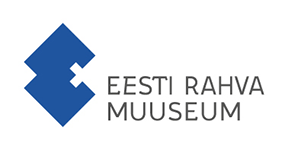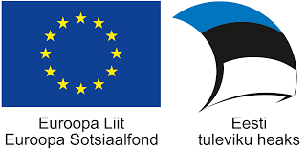Education on Screen
The platform features educational materials, which offer new and exciting approaches to teaching culture at school. All content is created by the Department of Semiotics of the University of Tartu.
VISION
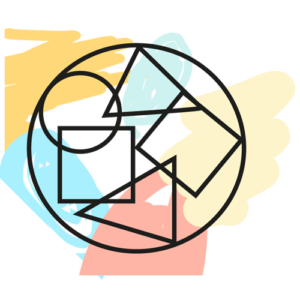 Semiootika From the perspective of semiotics culture is represented in a form of various texts of different languages, such as a language of fine arts, literature or music. Semiotics uncovers the way these texts function, their structure, how we make them meaningful and what influences meaning-making. Therefore, when used in education semiotics represents a holistic approach in learning and understanding culture.
Semiootika From the perspective of semiotics culture is represented in a form of various texts of different languages, such as a language of fine arts, literature or music. Semiotics uncovers the way these texts function, their structure, how we make them meaningful and what influences meaning-making. Therefore, when used in education semiotics represents a holistic approach in learning and understanding culture.
The keyword transmedia refers to the existence of stories and messages in different media (verbal, visual, audiovisual etc.). On the one hand, humans have always acquired their knowledge about the world via different complementary sign systems. On the other hand, texts themselves have a tendency to pulverize into new texts in different languages of culture (e.g. screen adaptations, parodies, compressed forms for marketing purposes etc.). The semiotics of transmedia deals with conceptualizing the meaning-making potential of these processes and practices.
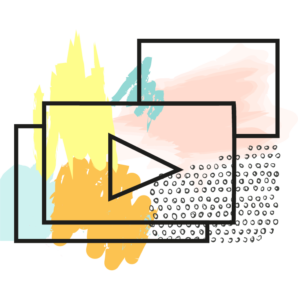 Communication is becoming increasingly digital. We write messages online, read electronic books and stream movies. While old texts and processes are digitized, radically new phenomena are born. We move from logocentrism to multimodality, from the ideology of authorship – to fluidity and play. Education should help to master digital literacies and make sense of the changing world.
Communication is becoming increasingly digital. We write messages online, read electronic books and stream movies. While old texts and processes are digitized, radically new phenomena are born. We move from logocentrism to multimodality, from the ideology of authorship – to fluidity and play. Education should help to master digital literacies and make sense of the changing world.
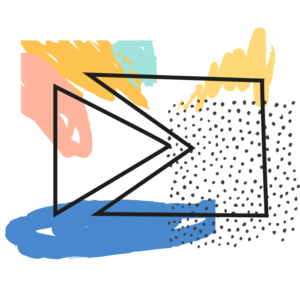 Our educational projects stem from the idea that social cohesion cannot be achieved merely through ’one language’ policy. From the perspective of integration learning about the core texts of one’s culture might be of greater value, as through these we have the opportunity to explore the cultural space in its full complexity. This creates a common ground for dialogue and through this also the opportunity to explore new connections between cultures.
Our educational projects stem from the idea that social cohesion cannot be achieved merely through ’one language’ policy. From the perspective of integration learning about the core texts of one’s culture might be of greater value, as through these we have the opportunity to explore the cultural space in its full complexity. This creates a common ground for dialogue and through this also the opportunity to explore new connections between cultures.
PROJECTS
The nature of Fyodor Dostoevsky’s work and its reflection in modern culture: the life path of the writer, Dostoevsky’s Petersburg and works.
Educational material centered on three popular Estonian films: “Spring” (1969), “The Last Relic” (1969) and “The Hotel of the Dead Alpinist” (1979).
The learning material focuses on the relationship between literature and film in culture and is based on Andrus Kivirähki’s novel “Rehepapp” and the film adaptation “November”.
The learning material examines how works of art mediate the past. The focus of the project is Leelo Tungla’s novels and their screen adaptation “Seltsimees laps”.
The purpose of the educational material is to make sense of being yourself together with Anton Hansen Tammsaare, Tanel Toomi and the characters of “Tõe ja kriti”.
Educational materials based on various animated films: “Jussike”, “Is the Earth Round” and others.
The educational material focuses on Fred Jüss’s distinctive perception of nature and its mediation “The beauty of being”. We explore the experience of the natural environment in film, words, sound and pictures.
The materials of “Education on Screen” are in many ways based on the research work of Peeter Torop, and this website is intended to introduce his main research topics.
Educational materials based on various Estonian films: “Põrgu Jaan”, “Kapten Volkonogovi põgenemine”, “Koerkorter” and other.
ABOUT US
The Transmedia Research Group works at the department of semiotics in the University of Tartu and belongs to the framework of the national professorship of cultural semiotics. The activities of the group sprang from the research project “Culture as education: transmediality and digitality in cultural autocommunication”. Our general aim is to work out a methodology based on the Tartu cultural semiotic tradition for a better understanding of the processes of contemporary cultural mediation in different media and discourses. We have mostly concentrated on the material of Estonian culture and on the analysis of the problems concerning Estonian culture, but believe that the results are generalizable to other materials.
OUR WORK
Transmedia research group was founded in 2015 at the Department of Semiotics of the University of Tartu.

